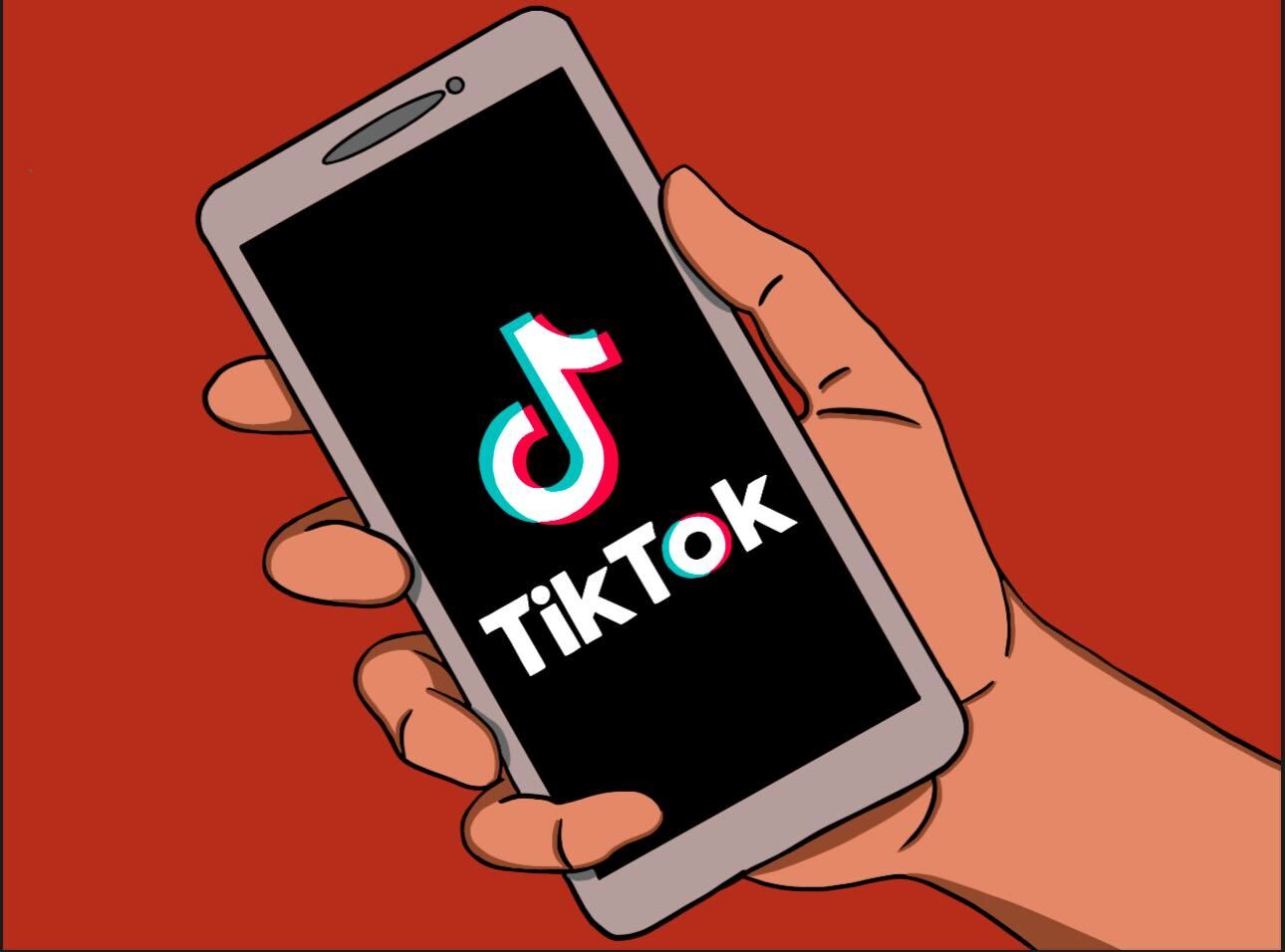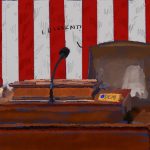I felt nothing but dread in the weeks leading up to the TikTok ban.
Not because I depended on the app, but because all of my friends who did were nothing short of insufferable.

But during this period, a curious thing happened that I never expected.
Xiaohongshu, also known as RedNote, faced a mass migration from “TikTok refugees.” The Pinterest–Instagram love child that my Chinese immigrant mother uses everyday was suddenly the most downloaded app in the West.
At first, I found it really cool. An app that I’d known in my own culture was suddenly at the forefront of Western culture. And like everyone, I hopped onto the trend, downloading the app and logging into my years-old account.
Very quickly, I realized that this mass migration wasn’t just a trendy bandwagon act. Instead, it was a deliberate message to Washington, D.C. — If TikTok is getting banned because of its affiliation with China, then I’ll just give my data to a Chinese app directly.
This is reflective of a growing yet concerning sentiment within the US — the belief that “America is bad.”
Given America’s history with domestic racism and international imperialism, or covert CIA operations and brutal capitalism, this belief operates on the basis that everything America thinks and does is bad — ergo, America’s national adversaries must not be as bad as it says they are.
Putin’s invasion of Ukraine? Justifiable. North Korea’s brutal regime against its citizens? No evidence. Chinese persecution of Muslim Uyghers? Western propaganda.
This sentiment isn’t just a political expression. It continues to be weaponized by anti-American adversaries to continue brewing discontent.
Russia continues to use this belief as a propaganda piece against the US, while populist leaders use it as a talking point for their own personal benefit.
When former Pakistani Prime Minister Imran Khan was asked in an interview with Axios about his letter to international Muslim leaders calling for unity, he emphasized the perils that the Muslim community faces globally from Islamophobia and xenophobic ideas.
But when pushed about his stance on China’s genocide against Uygher Muslims in Xinjiang, Khan denied any knowledge. After all, his country depends on funding from China to survive.
One by one, groups are being eaten by this anti-American sentiment. Foreign relations is one thing, but when it happens within our own domestic groups, it’s even more terrifying.
Leftists should be standing against any form of atrocities worldwide. Yet China gets an excuse. Journalist Rowan Callick describes the leftist West as granting “Chinese cultural exceptionalism” — if the U.S. is bad and labels China as an adversary, then China must be good!
The punch line of this story? Naturally, it’s to ask what any of this may have to do with us.
America is not a perfect country with a perfect history. The country does innumerable shady things that the public doesn’t know about, and systemic inequities continue to pervade American society.
But that doesn’t mean we can glorify a malevolent character like China.
We don’t know if TikTok is actually sending American data to China. We can continue to debate whether or not the ban on TikTok is justifiable. But the mass migration towards RedNote to spite American lawmakers and experts is nothing short of an assault on ourselves.
I urge any critics of America to continue to push back against American-made atrocities. But that does not mean we should celebrate or ignore Chinese, Russian or North Korean atrocities at the same time.
Ukrainians, North Korean citizens, Uygher Muslims, Taiwanese people or the Filipinos are just a few examples of groups who are at the hands of authoritarian governments. The last thing they need is for their controllers to be celebrated.














